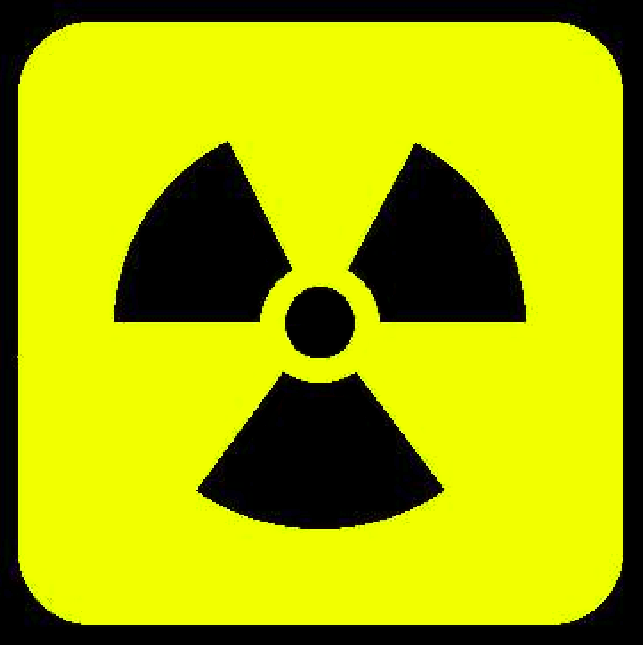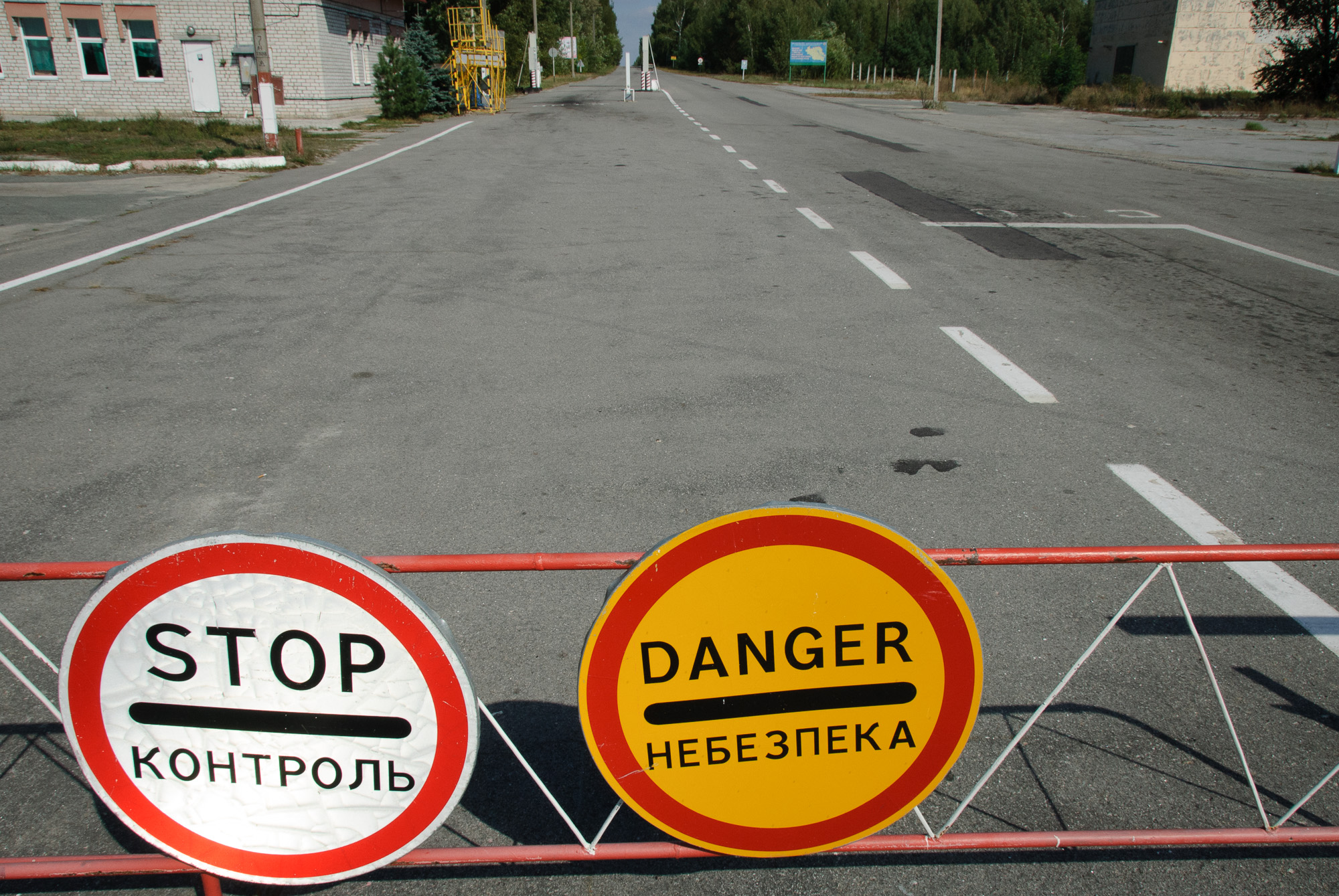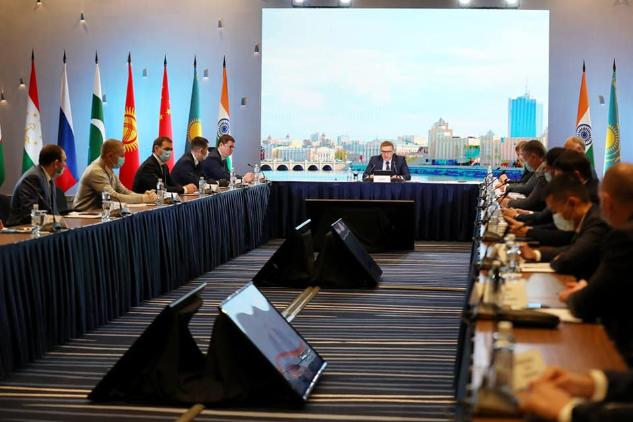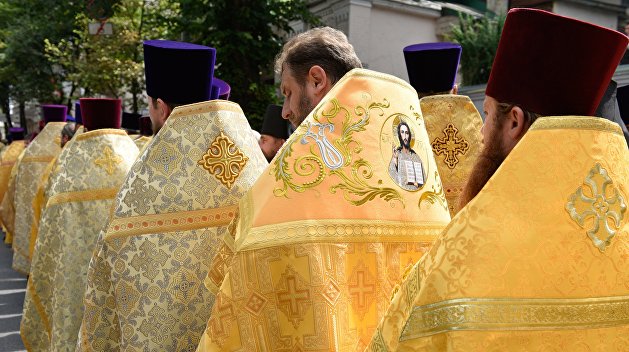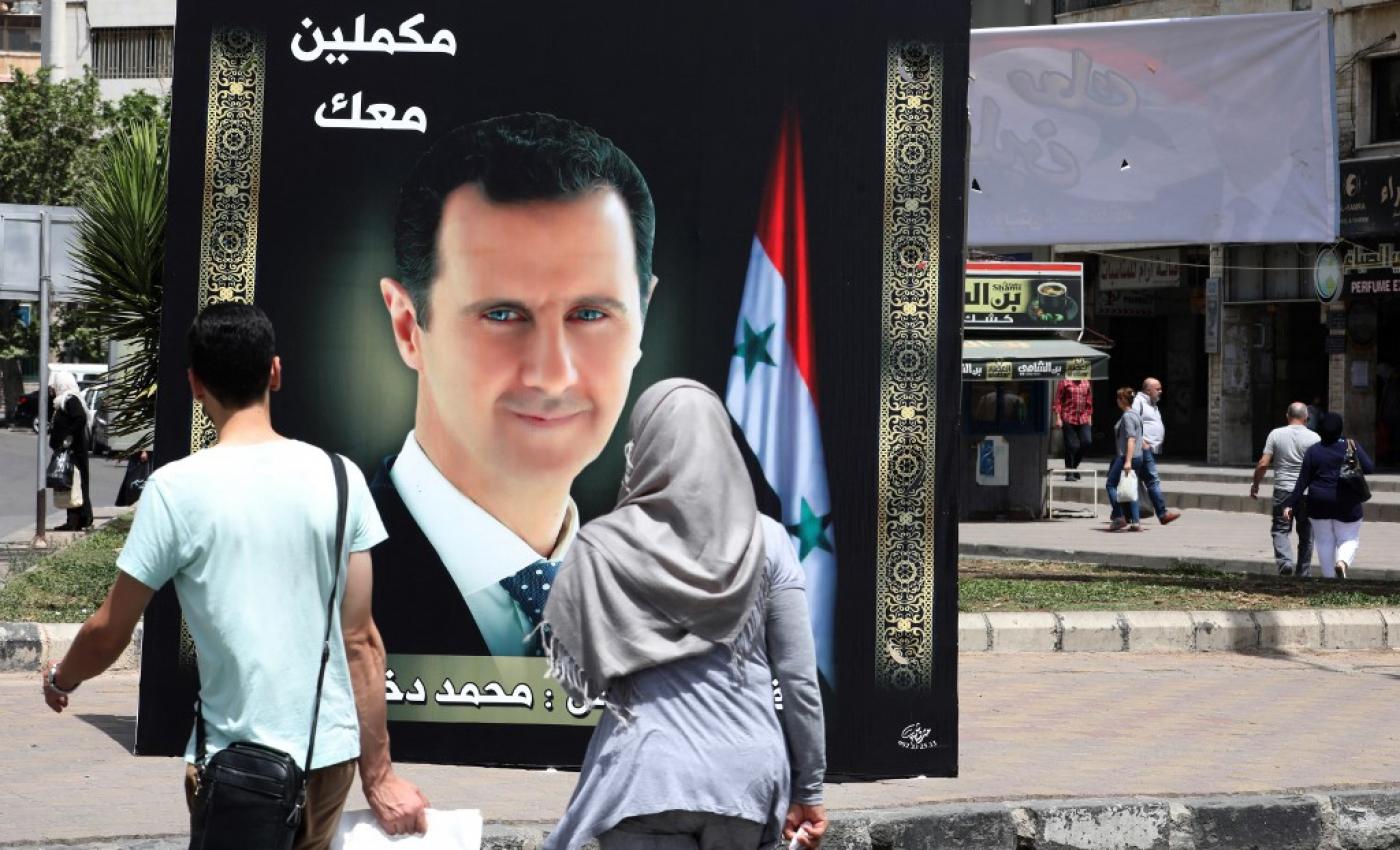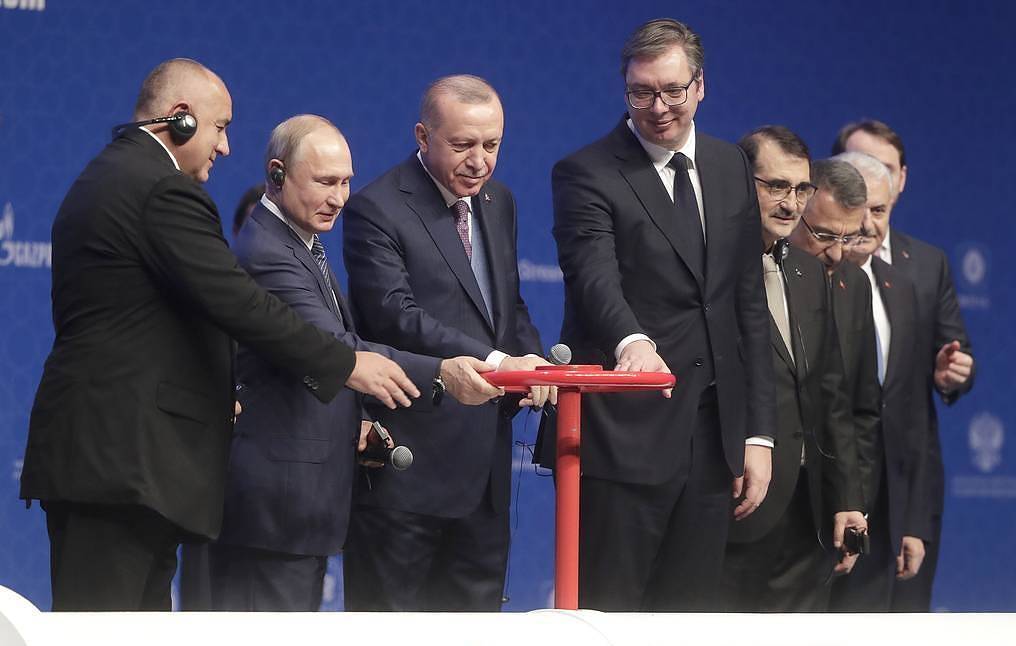
Kyrgyzstan still remains the country with the highest maternal mortality rate. According to WHO, there were 79 deaths per 100 000 live births in 2015.
Since then, international organizations based in the country, have been trying to improve this situation. And some of them have even reached positive outcomes. For example, the Deutsche Gesellschaft für Internationale Zusammenarbeit (GIZ) GmbH in Bishkek that has been operating in the country since the 1990s, has implemented a number of social projects, including the training of doctors and nurses, employment promotion and other. Yet, the death rate among new-born babies is still at dangerously high level.
To improve the situation, in 2019 a delegation of Kyrgyz doctors visited Russia’s Yekaterinburg, where the world-famous enterprise specializing in production and exporting perinatal equipment and innovative incubators is located. The visited has resulted in the launch of a new project named The Regional Obstetric Monitoring. The system that provides an A-Z support from the first contact with a doctor to controlling the birth process and first months of a newly-born, has proved to be more efficient than the previous projects, designed by European countries.
However, the next visit to Yekaterinburg aimed at learning and implementing new levels of the system was blocked. The cancellation of the visit was supported by GIZ that referred to efficiency of the German health projects and higher wages for doctors that passed the training.
Ironically it may seem, the German initiative came just amidst the parliamentary elections campaign that is currently going on in Bishkek. Some experts believe it was done on purpose, to prevent current President Zhaparov’s activity to promote Russian technologies among its supporters that would by no doubts increased the number of his female electorate.

